EU Trade: Macron's Plea For A Shift Away From US Products

Table of Contents
Macron's Rationale: Concerns about US Trade Policy
Macron's push for a reevaluation of EU-US trade relationships stems from deep-seated concerns about US trade policies and a broader vision for European strategic autonomy.
Strategic Autonomy and Economic Independence
Macron envisions a more self-reliant Europe, less vulnerable to external economic pressures. This pursuit of strategic autonomy is fueled by several factors:
- Concerns about US protectionism: The imposition of tariffs and trade restrictions by the US has demonstrably impacted EU businesses, highlighting the risks of over-reliance on a single major trading partner.
- Reliance on US technology: Europe's dependence on US technology in critical sectors like semiconductors and artificial intelligence poses significant vulnerabilities. Diversifying technology sources is crucial for future economic security.
- Need for diversification of supply chains: The COVID-19 pandemic exposed the fragility of globally integrated supply chains, emphasizing the need for greater resilience and diversification within the EU and beyond.
Specific examples include US tariffs on steel and aluminum, which significantly impacted European manufacturers, and the ongoing disputes over agricultural subsidies. These actions have underscored the need for the EU to reduce its reliance on the US market and explore alternative trading partners.
The Search for Alternative Trade Partners
To achieve greater economic independence, Macron advocates for exploring and strengthening trade relationships beyond the transatlantic partnership. This involves:
- Increased trade with Asian nations: Strengthening ties with China, Japan, and South Korea offers access to vast markets and advanced technologies. However, navigating complex geopolitical dynamics within this region presents its own challenges.
- Strengthening ties with African and Latin American countries: Developing stronger trade partnerships with these regions promotes economic development while diversifying supply chains. This approach supports the EU's broader development goals.
- Promoting intra-EU trade: Boosting trade and economic cooperation between EU member states can strengthen the bloc's overall economic resilience and reduce reliance on external partners.
The EU is actively pursuing several trade agreements, including the Comprehensive Agreement on Investment with China (CAI) and various agreements with African nations under the African Continental Free Trade Area (AfCFTA). These agreements, while offering potential benefits, also present considerable negotiation complexities and potential drawbacks.
The Economic Implications of Shifting Away from US Products
A significant shift away from US products carries both potential benefits and significant risks for the EU economy.
Potential Benefits of Diversification
Reducing dependence on a single major trading partner offers several advantages:
- Increased resilience to economic shocks: Diversification mitigates the impact of potential trade wars or economic downturns in the US.
- Greater negotiating power with suppliers: A more diversified trading portfolio empowers the EU to negotiate better terms with suppliers, potentially leading to lower prices and improved conditions.
- Promotion of European industries: Shifting focus to alternative suppliers can stimulate innovation and growth within EU industries, creating jobs and boosting competitiveness.
Data on EU-US trade volumes and the projected impact on EU GDP following a substantial trade diversification would provide a stronger quantitative argument here. Studies projecting job creation in specific sectors following such a shift would also be beneficial.
Potential Risks and Challenges
However, transitioning away from US products also presents potential challenges:
- Disruption to existing supply chains: Shifting to new suppliers requires significant adjustments in logistics and production processes, potentially leading to temporary disruptions.
- Potential trade wars with the US: A significant reduction in imports from the US could trigger retaliatory measures, escalating trade tensions and potentially harming the EU economy.
- Higher costs for certain goods and services: Sourcing products from alternative suppliers might initially result in higher costs for consumers, depending on the specific goods and the efficiency of new supply chains.
Analyzing the potential economic fallout requires in-depth modelling and consideration of mitigation strategies. Assessing the impact on consumer prices is also crucial for assessing public acceptance.
Political Ramifications: The Future of EU-US Relations
Macron's call for a trade shift has significant implications for the political relationship between the EU and the US.
Impact on Transatlantic Relations
A move away from US products could strain transatlantic relations, potentially leading to:
- Strained relations: Reduced trade could undermine the existing economic and political partnership between the EU and US, complicating cooperation on other issues.
- Potential for trade disputes: Increased protectionist measures from either side could further escalate tensions and lead to formal trade disputes.
- Impact on geopolitical cooperation: Weakened economic ties could affect collaboration on issues such as security, climate change, and global governance.
The current state of transatlantic relations, characterized by ongoing trade disputes and differing geopolitical priorities, necessitates careful consideration of the potential impact of any significant shift in EU trade policy.
EU Internal Divisions
The proposed shift in trade strategy might also create divisions within the EU itself:
- Differing economic interests among member states: Member states with strong economic ties to the US might resist a rapid shift away from US products.
- Potential for vetoes and disagreements: Reaching a consensus on a new trade strategy will require navigating the diverse economic interests and political priorities within the EU.
- Impact on EU cohesion: Disagreements over trade policy could undermine EU unity and weaken the bloc's overall negotiating power.
Member states' varying levels of dependence on US trade will impact their willingness to embrace a drastic shift in trade policy. A careful assessment of these differing perspectives is necessary for a successful transition.
Conclusion
Macron's plea for a shift away from US products reflects a desire for greater European strategic autonomy and economic resilience. While diversifying EU trade partnerships offers potential benefits like increased resilience and greater negotiating power, it also carries risks, including potential trade wars and higher costs for some goods. The political ramifications are significant, potentially straining EU-US relations and creating internal divisions within the EU. The debate surrounding EU trade and reduced reliance on US products is far from over. Further discussion and analysis are crucial to navigate this complex issue effectively. Understanding the multifaceted nature of EU trade policy, including the implications of reducing reliance on US products, is essential for building a resilient and prosperous future for Europe. Engage in the conversation and explore the nuances of EU Trade strategies to ensure a balanced approach.

Featured Posts
-
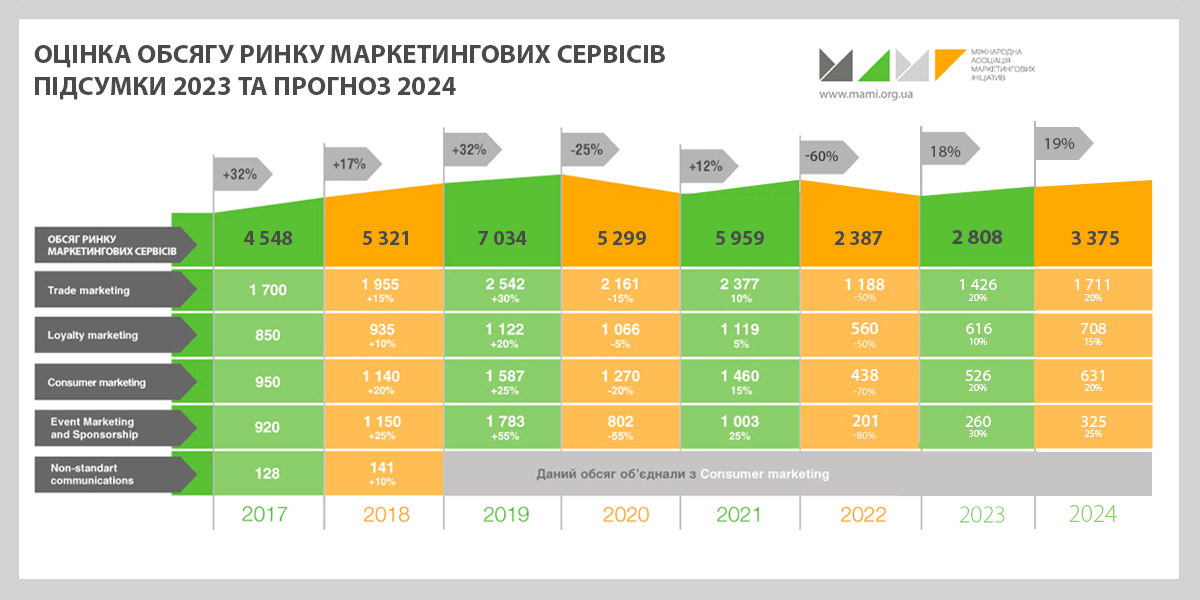 Dokhodi Vid Finansovikh Poslug V Ukrayini 2024 Credit Kasa Finako Ukrfinzhitlo Atlana Ta Credit Plus U To Pi
May 21, 2025
Dokhodi Vid Finansovikh Poslug V Ukrayini 2024 Credit Kasa Finako Ukrfinzhitlo Atlana Ta Credit Plus U To Pi
May 21, 2025 -
 Carlo Ancelotti Nin Yerine Juergen Klopp Imkanli Bir Degisim Mi
May 21, 2025
Carlo Ancelotti Nin Yerine Juergen Klopp Imkanli Bir Degisim Mi
May 21, 2025 -
 Itineraires Cyclistes En Loire Atlantique Nantes Vignobles Et Estuaire
May 21, 2025
Itineraires Cyclistes En Loire Atlantique Nantes Vignobles Et Estuaire
May 21, 2025 -
 Half Dome Secures Abn Group Victorias Media Business
May 21, 2025
Half Dome Secures Abn Group Victorias Media Business
May 21, 2025 -
 Occasionverkoop Abn Amro Analyse Van De Recente Groei
May 21, 2025
Occasionverkoop Abn Amro Analyse Van De Recente Groei
May 21, 2025
Latest Posts
-
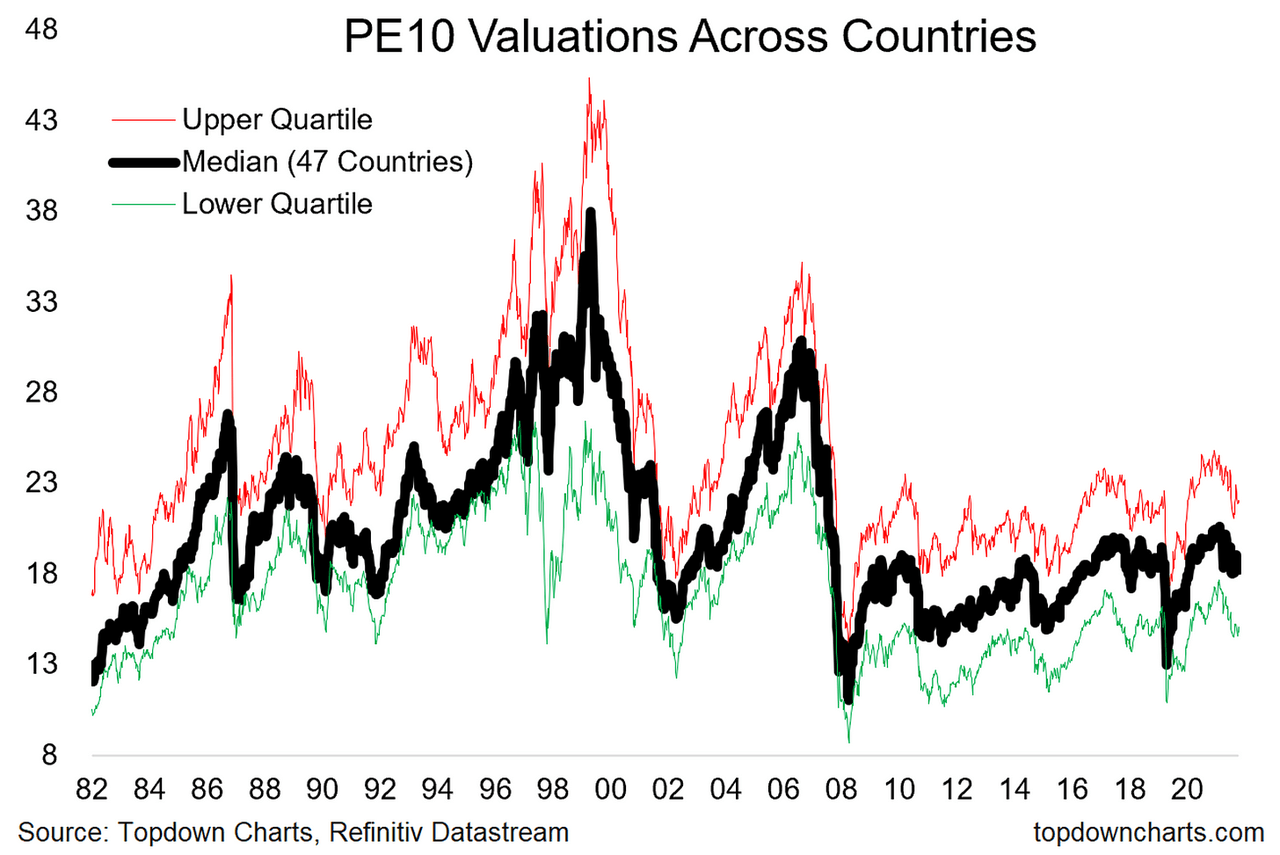 Bof As Analysis Addressing Concerns About Elevated Stock Market Valuations
May 21, 2025
Bof As Analysis Addressing Concerns About Elevated Stock Market Valuations
May 21, 2025 -
 Uk Luxury Brands Navigating Brexits Challenges In The Eu Market
May 21, 2025
Uk Luxury Brands Navigating Brexits Challenges In The Eu Market
May 21, 2025 -
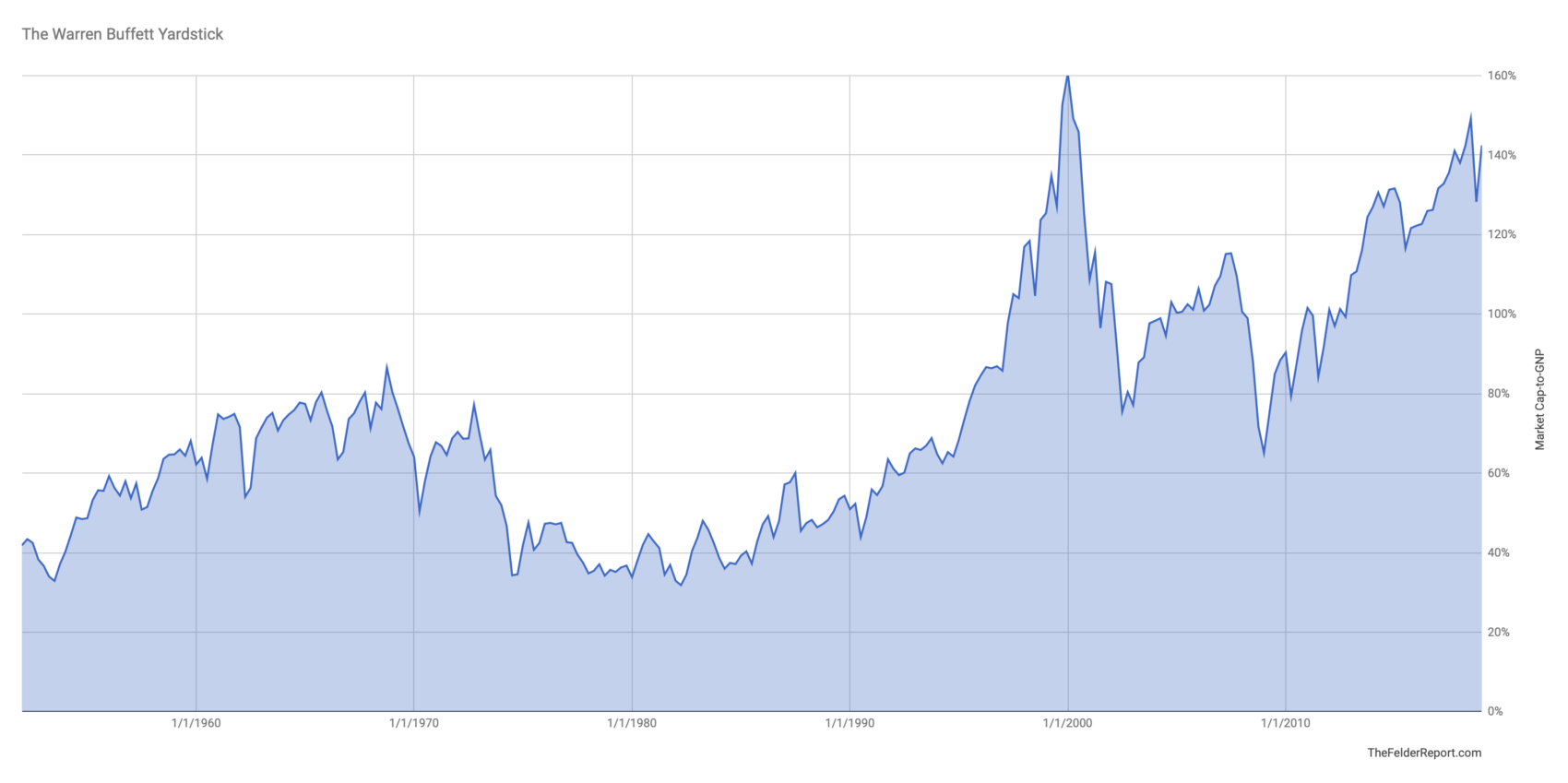 Investor Concerns About High Stock Market Valuations Bof As Response
May 21, 2025
Investor Concerns About High Stock Market Valuations Bof As Response
May 21, 2025 -
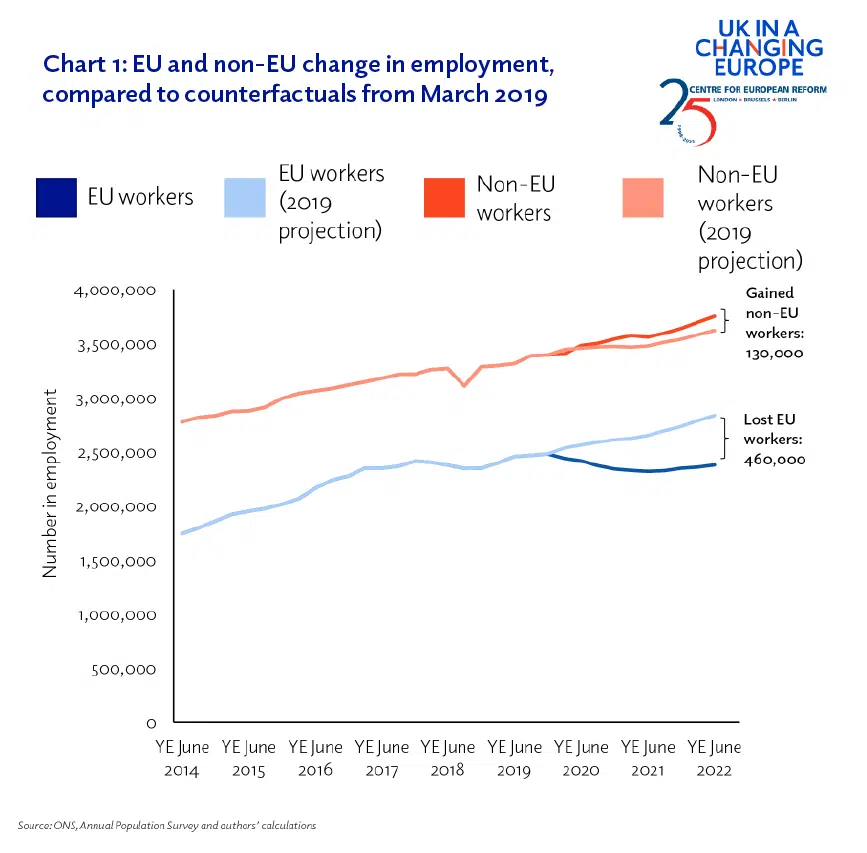 Analysis Brexit And The Decline Of Uk Luxury Exports To The Eu
May 21, 2025
Analysis Brexit And The Decline Of Uk Luxury Exports To The Eu
May 21, 2025 -
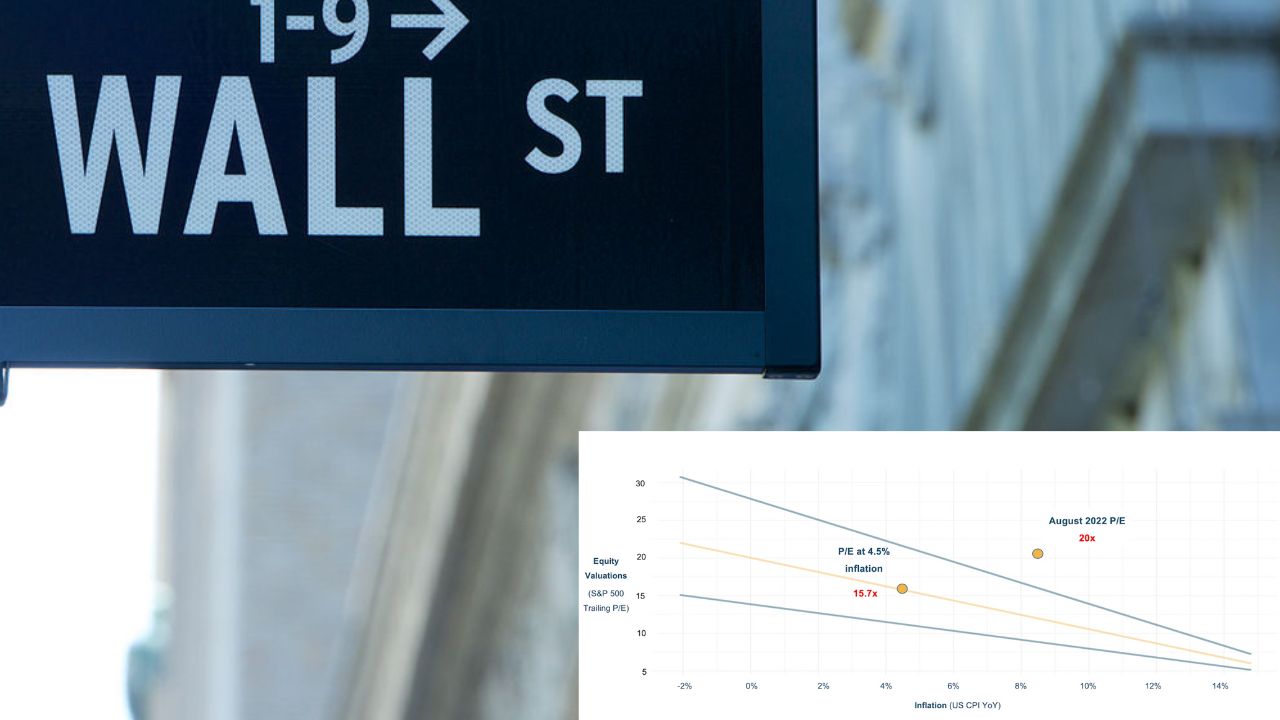 Why Current Stock Market Valuations Are Not A Threat Bof As View
May 21, 2025
Why Current Stock Market Valuations Are Not A Threat Bof As View
May 21, 2025
